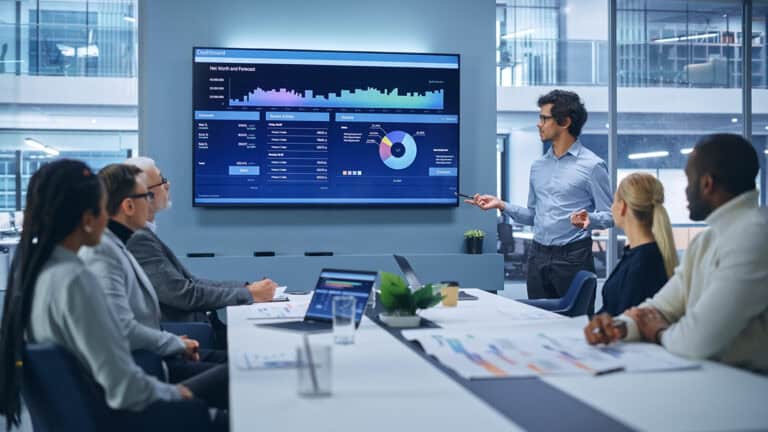
History is remarkable, and the expression is true; it repeats itself. In a blog post five years ago, I wrote that the year would “go down in the record books as the year of changing trade regulations.” Here is an excerpt from that 2017 blog.
“Tax and duty, preferential trade, import/export controls, and other complex laws are all under the regulator’s microscope in countries around the world, adding another layer of risk to global commerce. Organizations like the Financial Action Task Force (FATF), UK National Crime Agency (NCA) and others are working to ensure that businesses do not engage in bribery as a means to obtain or retain business. Numerous countries worldwide have passed anti-corruption laws, such as the US Foreign Corrupt Practices Act (FCPA), the UK Bribery Act, the Canadian Corruption of Foreign Public Officials Act (CFPOA), Chinese Anti-Corruption Laws, and more. Some laws do not distinguish between small and large bribery payments, thus prohibiting facilitation payments.”
Little did I know that would become even more restrictive and complex in the coming years. At the time of this publication, almost every major nation or trade body is discussing the implementation of transformative policies that could alter the landscape of supply chains reliant on globally dispersed inputs and production facilities. While some analysts feel the effects of the last two years of enormous strain on global commerce are the reason for the shifts, I feel we need to go back to pre-Covid political wrangling instead.
The pandemic certainly created a major impact on supply chains. However, it’s the Russia-Ukraine conflict’s crunch on the economy that has driven up inflation across the world, and threats of further hostile actions from China and North Korea have contributed to the escalation of protectionist policies.
As we close out 2022, the United States, European Union and some of its member nations, India and China, are laying out new policies, procedures, and trade schemes that are building virtual trade walls to ensure self-preservation in an enormously difficult world. Each of these governments has the same goal: to fight off disruptors, take advantage of trade that has been taken away from China and Russia, boost exports, reduce import dependence, and create jobs.
Sounds okay? Not really. Atlantic Council writer Mark Linscott put it this way, “These policies threaten the most fundamental rules and principles of the multilateral trading system, such as those requiring all members to treat one another equally and not favor local goods over foreign ones. If the foundations are crumbling, can the edifice still stand?”
Geo-political competition has demonstrated that relying on China for inputs critical to national or economic security is no longer sustainable. China’s growing authoritarianism and coercive economic practices have made the risks of such reliance clear. China’s rapid rise has also reinforced a growing bipartisan political consensus that global trade rules have failed to constrain China’s unfair trade practices. The results negatively impact manufacturing, jobs, and wages while threatening its future innovation and competitiveness.
Yet, it isn’t only Chinese authorities that are forming trade-distorting policies. Other nations are also considering new regulatory restrictions that are necessary for food security and economic sustainability – the basic essentials. Germany is parleying with France and the rest of the EU, signing onto the “Buy European Act” that would set provisions on buying goods regionally.
Concerns about the appropriate trade balances between nations, consumer and environmental safety, protecting against terrorism, and generating revenue are at the root of volumes of legal documentation and a corps of agents worldwide enforcing them. Tariff discourse is evolving into action, non-tariff measures are increasing, and the number of trade agreements has risen to record levels. In this fluid environment, it can be challenging to pinpoint trends and assess how trade policy shifts might impact businesses and products.
While new policies are initiated, shippers and manufacturers scramble to reconfigure their supply chains physically and financially by finding alternate production sources and new suppliers. Given this scenario, how can companies manage their global supply chains effectively — reduce costs, buffer against risk, stay agile, satisfy customers, anticipate development, and even prevent disruption?
It is critical for companies to be tuned into the geo-political changes impacting the direction of global trade. Companies should consider how to react to these developments and brace for more changes. To stay ahead, you need up-to-date trade knowledge to pinpoint differences and technologies that cover the entire supply chain, not just specific problem areas or regions, to ensure goods cross borders efficiently. Indeed, the need for the right technology goes far beyond increasing efficiencies. The right provider must keep pace with governments increasingly changing regulations and technology systems that gather more information and collect taxes and tariffs. Therefore, any investment companies make in that keeps them in compliance will also ease additional work processes and drive further efficiencies.
In the last 11 months, e2open’s trade content database, Global Knowledge, has been updated ~63 million times. Compared to last year’s ~50 million updates, this is an increase of 25%. Companies can be informed of trade policy shifts through e2open’s Global Trade newsletter. The free weekly newsletter lists the changes to worldwide trade regulations – data that feeds all e2open’s Global Trade applications. Subscribe to the Global Trade newsletter email here.







